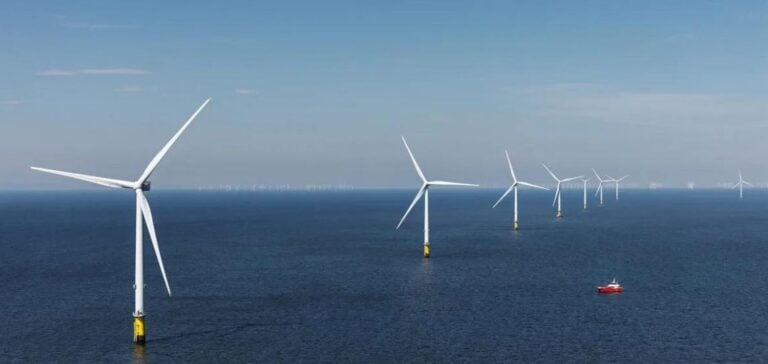The UK renewable energy industry is expressing concern about a little-known aspect of the European Union’s Carbon Border Adjustment Mechanism (CBAM). From 2026, exports of clean electricity from the UK to the continent could be subject to carbon charges, even if they produce no emissions. This could reduce revenues from UK renewable projects, increase electricity prices in northern Europe and even lead to higher emissions as the UK accelerates its investment in renewables.
Impact on UK renewable exports
According to analysis byAurora Energy Research, up to 3 gigawatt-hours (GWh) of renewable energy production, enough to power 2,000 homes for a year, could be cut by 2030 if these fees discourage exporters. Profit margins for UK renewable projects could fall by 5% as a result of the carbon tax, making some exports unprofitable when electricity prices are low.
Rising electricity prices and emissions
Reduced access to cheap UK electricity could increase wholesale electricity prices by up to 4% in markets such as Ireland and Northern Ireland, which import a lot of electricity from the UK. If European countries increase their production from coal and gas to make up the shortfall, CO2 emissions could rise by as much as 13 million tonnes a year, equivalent to the emissions from 8 million cars.
Challenges of exemption criteria
Although renewable energy exports could theoretically be exempted from the carbon tax if they meet certain criteria, the industry believes this will be difficult in practice. Most of the electricity exchanged via interconnections is traded anonymously, making it almost impossible to demonstrate its carbon content.
Prospects for post-Brexit negotiations
Discreet talks have begun between the UK and the EU, but no progress is expected before the British general election on July 4. One option would be to link the European and British carbon markets, thereby exempting British electricity producers from the tax. However, neither Brussels nor London seems inclined at present. The outcome will probably depend on the political will of the next British government to negotiate an agreement with Brussels.






















